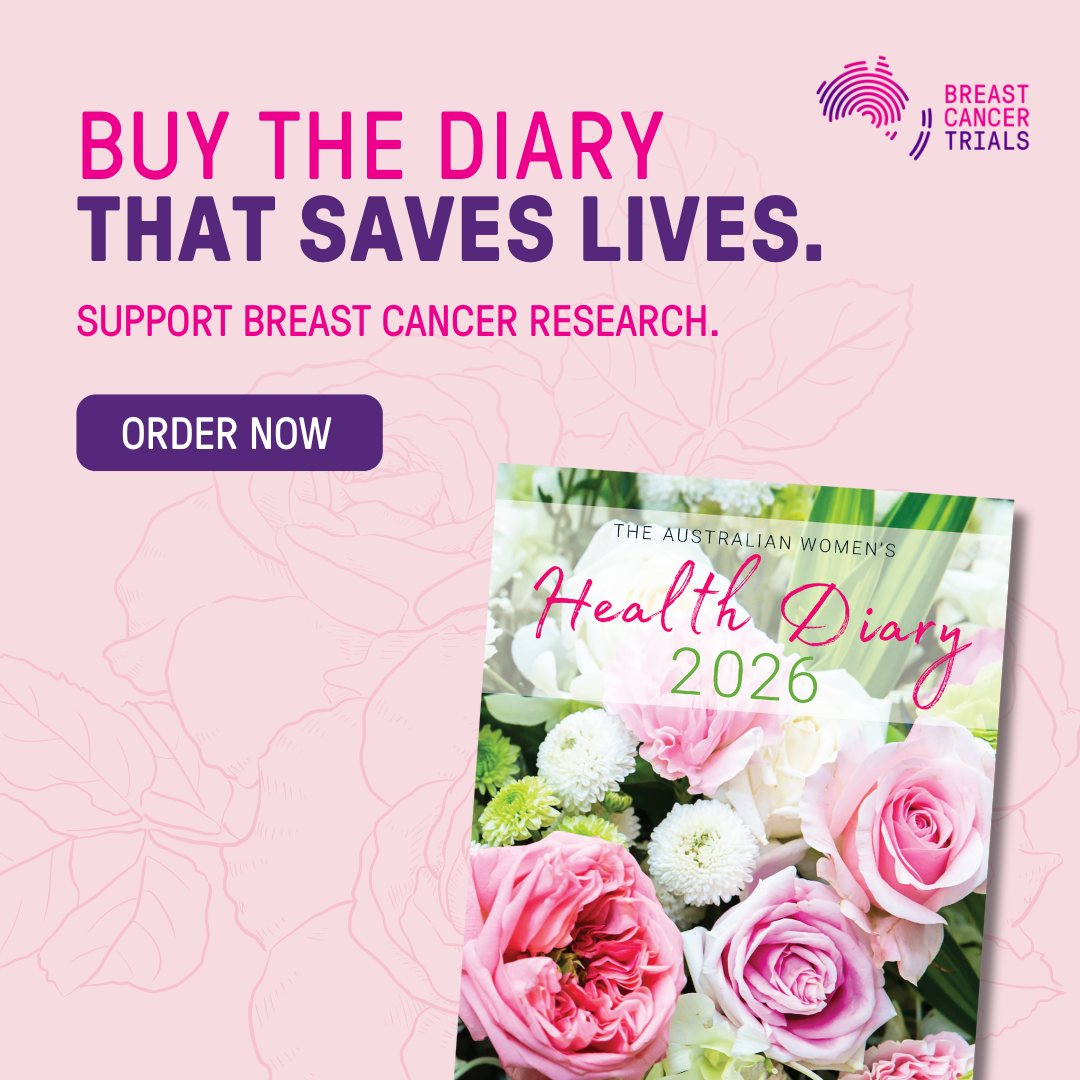Being politically savvy in the workplace is a critical leadership skill and one that needs to be seen in a positive, rather than negative light, according to the founder of the Horan Group, Jane Horan.
Speaking to Megan Dalla-Camina in the lead up to the Sustaining Women in Business Conference http://www.swb.com.au/ next month, Horan discussed the importance for women of being politically savvy in the workplace and the need to reframe our thinking on organisational politics.
“It’s critically important for women to just embrace it and understand what politics is all about which, from the literal definition, is building coalitions for the good of the state. That was the original Greek definition. Now it’s about building coalitions for the good of the organisation or team. What’s really important is to underline good and organisation,” says Horan, an author and expert in organisational development who has worked for Kraft Foods, The Walt Disney Company and CNBC in talent and leadership development roles.
Rather than telling your colleagues what you know or what you do, Horan says being politically savvy in the workplace is about communicating how what you do impacts on the team or how it adds value to the organisation.
“What is the value that you’re bringing to the organisation or your team? It doesn’t always have to be about you, the individual. It’s learning how to talk about what we do, our accomplishments and the value to the organisation or team,” she says.
According to Horan, women are naturally good at making connections and building communities. However, once we get inside an organisation, we often focus too much on our technical skills and forget the softer, more relationship-focused skills, which are the “driving force” behind organisations, particularly at the leadership level.
Horan says being politically savvy is about making connections and building a community and using that community for support, to help us think more strategically about our careers and to give us feedback when we’re off base or headed in the wrong direction.
Another issue affecting women and their presence in leadership positions, according to Horan, is the use of the word ‘ambition’, the misunderstandings around it and the reluctance to use it among many women.
“I found that this word that Sheryl Sandberg talks a lot about – being ambitious or how ambitious you are – has very different implications across the many cultures of Asia and there’s a lot of research that says … it can be the kiss of death for women,” she says.
Noting how many women are uncomfortable discussing their ambitions, Horan says when a woman uses the word ambition in the workplace, it often flies in the face of people’s traditional view of women as nurturing and humble.
“So when this behaviour comes out about ‘I am ambitious’ and this is what I want to do, it has a negative connotation, it has a negative impact on women,” she says.
For Horan, Sheryl Sandberg’s work has been “incredibly powerful” because she’s “got men listening” and people leaning in all over the world.
“It’s such a powerful moment, but there are still some cultural differences and some biases and old mindsets which still permeate organisations,” she says.
Working to encourage the development of organisational savviness as a key leadership skill, Horan says being savvy is about looking at the nuances across an organisation, looking at the dynamics, the relationships and the interconnections.
“This is something women do naturally. Women are typically more intuitive, but when we get inside work, what we do is we see being savvy as a negative and shy away from it when this is actually what you need to do to get ahead.”
Jane Horan is speaking at the Sustaining Women in Business conference in October.
Listen to the full podcast with Megan Dalla-Camina and Jane Horan by pressing play on the media player below, or listen over at SWB.

